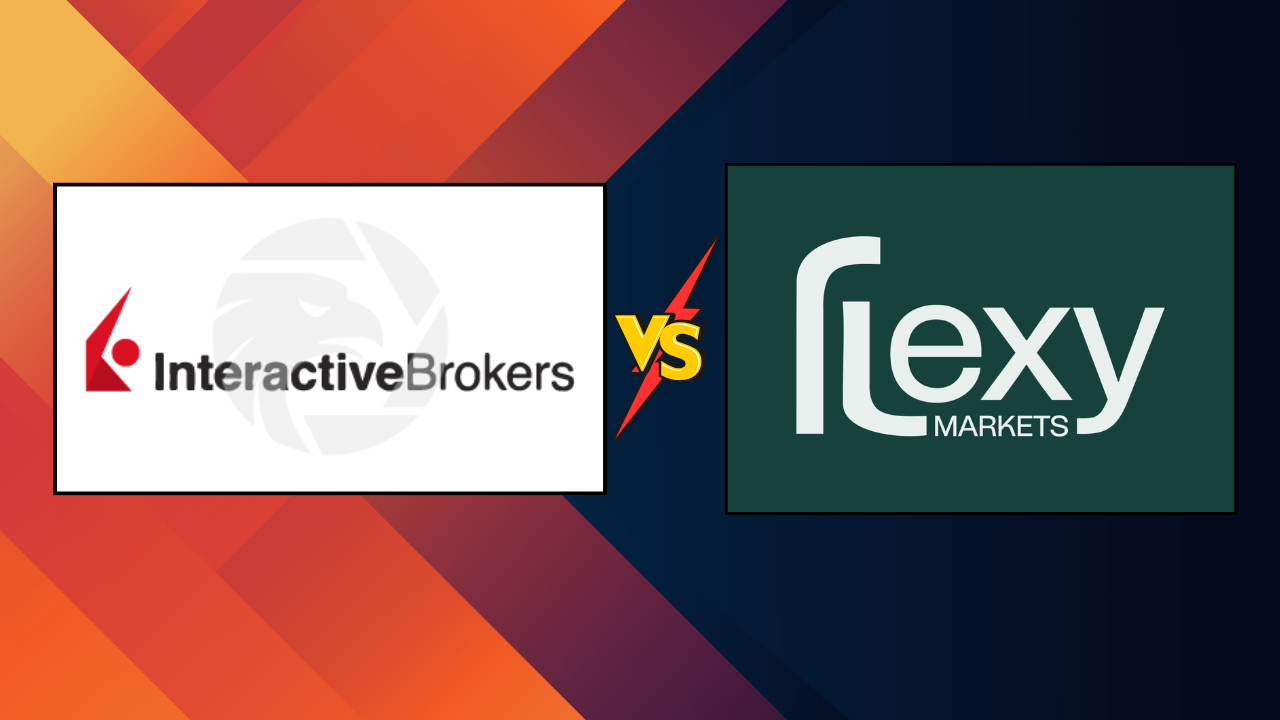
IB vs. Flexy Markets 2025: In-Depth Comparison for Traders
By: Swarnalata
Published on: Mar 27, 2025
Choosing the right trading platform can make or break your financial journey. Two names that often dominate discussions are IB (Interactive Brokers) and Flexy Markets. But how do these platforms stack up against each other? In this comprehensive IB vs. Flexy Markets comparison, we break down their features, fees, tools, and suitability for different traders to help you decide which platform aligns with your goals.
What is IB (Interactive Brokers)?
IB, short for Interactive Brokers, is a globally renowned brokerage platform established in 1978. Known for its institutional-grade tools, it caters to active traders, institutions, and long-term investors. Key highlights:
- Regulation: Licensed by top-tier authorities (SEC, FCA, ASIC).
- Markets: Access to 150+ global markets (stocks, options, futures, forex, crypto).
- Fees: Low commissions with a tiered pricing model.
- Tools: Advanced trading platforms like Trader Workstation (TWS) and APIs for algorithmic trading.
What is Flexy Markets?
Flexy Markets is a newer, flexible brokerage platform gaining traction for its user-centric approach. It focuses on simplicity, low spreads, and social trading features, making it ideal for beginners and casual traders. Key highlights:
- Regulation: Regulated by CySEC and FSCA.
- Markets: Focuses on forex, CFDs, and cryptocurrencies.
- Fees: Zero-commission trading with tight spreads.
- Tools: User-friendly interface, copy trading, and one-click execution.
IB vs. Flexy Markets: Head-to-Head Comparison
Let’s dissect IB vs. Flexy Markets across critical parameters:
1. Asset Coverage
- IB: Offers 150+ markets, including stocks, ETFs, bonds, forex, and futures.
- Flexy Markets: Specializes in forex, CFDs, and crypto (50+ currency pairs).
Winner: IB for diversity; Flexy for forex/crypto focus.
2. Fees & Commissions
- IB: Low commissions ($0.005 per share for stocks), but inactivity fees apply.
- Flexy Markets: Zero commissions, relying on spreads (from 0.0 pips).
Winner: Flexy Markets for cost-efficiency; IB for high-volume traders.
3. Trading Platforms
- IB: Advanced platforms (TWS, mobile app) with customizable charts and algos.
- Flexy Markets: Simplified MT4/MT5 integration and social trading dashboards.
Winner: IB for professionals; Flexy for ease of use.
4. Account Types
- IB: Multiple account tiers (individual, institutional, retirement).
- Flexy Markets: Standard and VIP accounts with leverage up to 1:500.
Winner: Flexy Markets for flexible leverage; IB for specialized needs.
5. Regulation & Safety
- IB: Tier-1 regulators (SEC, FCA) and $30M insurance per account.
- Flexy Markets: CySEC/FSCA regulation and segregated client funds.
Winner: IB for stricter oversight.
Who Should Choose IB?
- Active traders needing advanced tools.
- Investors seeking global market access.
- Institutions requiring APIs and algorithmic support.
Who Should Choose Flexy Markets?
- Forex/crypto traders prioritizing low spreads.
- Beginners wanting copy trading and simplicity.
- Traders seeking high leverage (up to 1:500).
IB vs. Flexy Markets: Final Verdict
The IB vs. Flexy Markets debate boils down to your trading style:
- Pick IB if you’re a pro needing diverse assets and robust tools.
- Choose Flexy Markets for forex/crypto focus, low costs, and social trading.





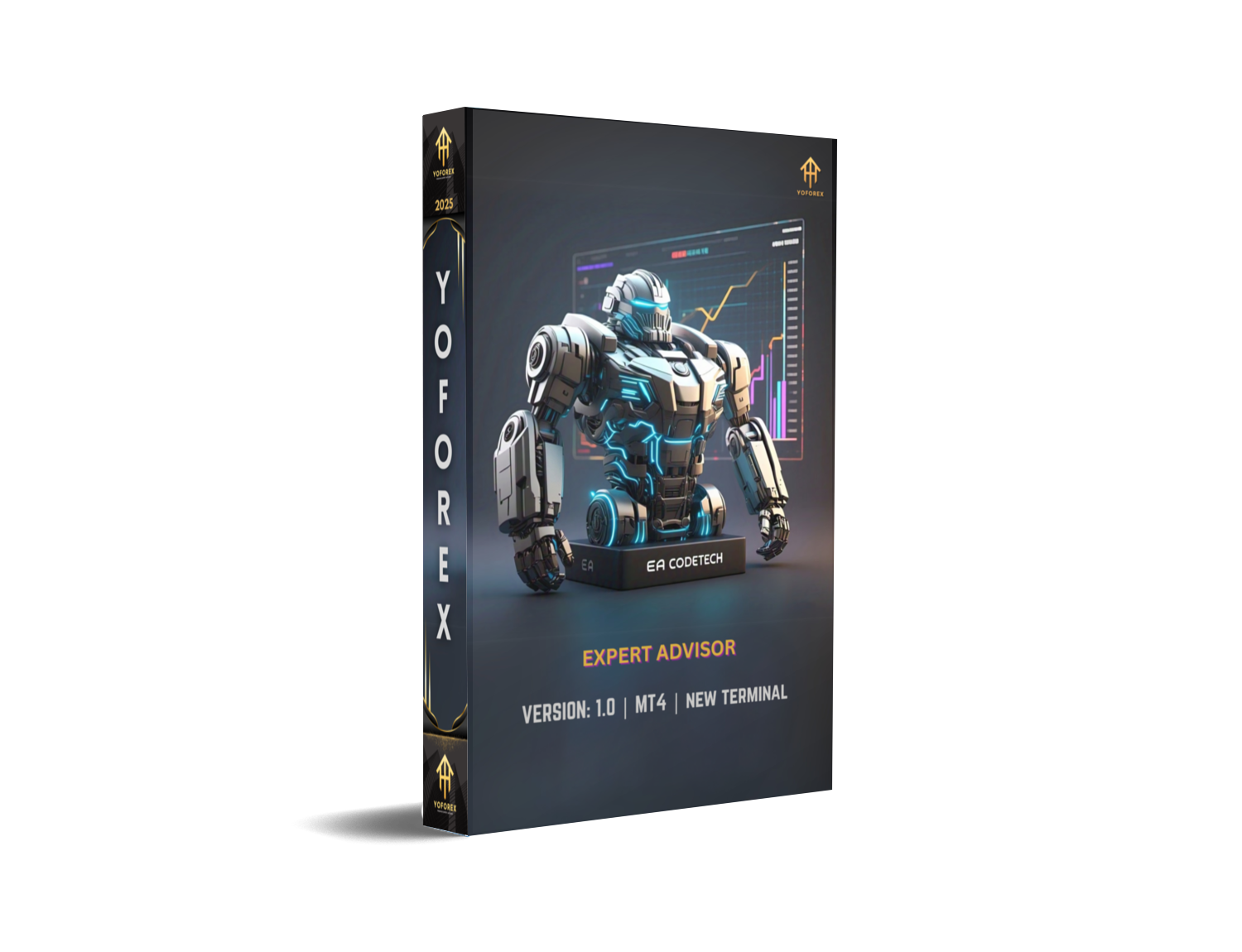
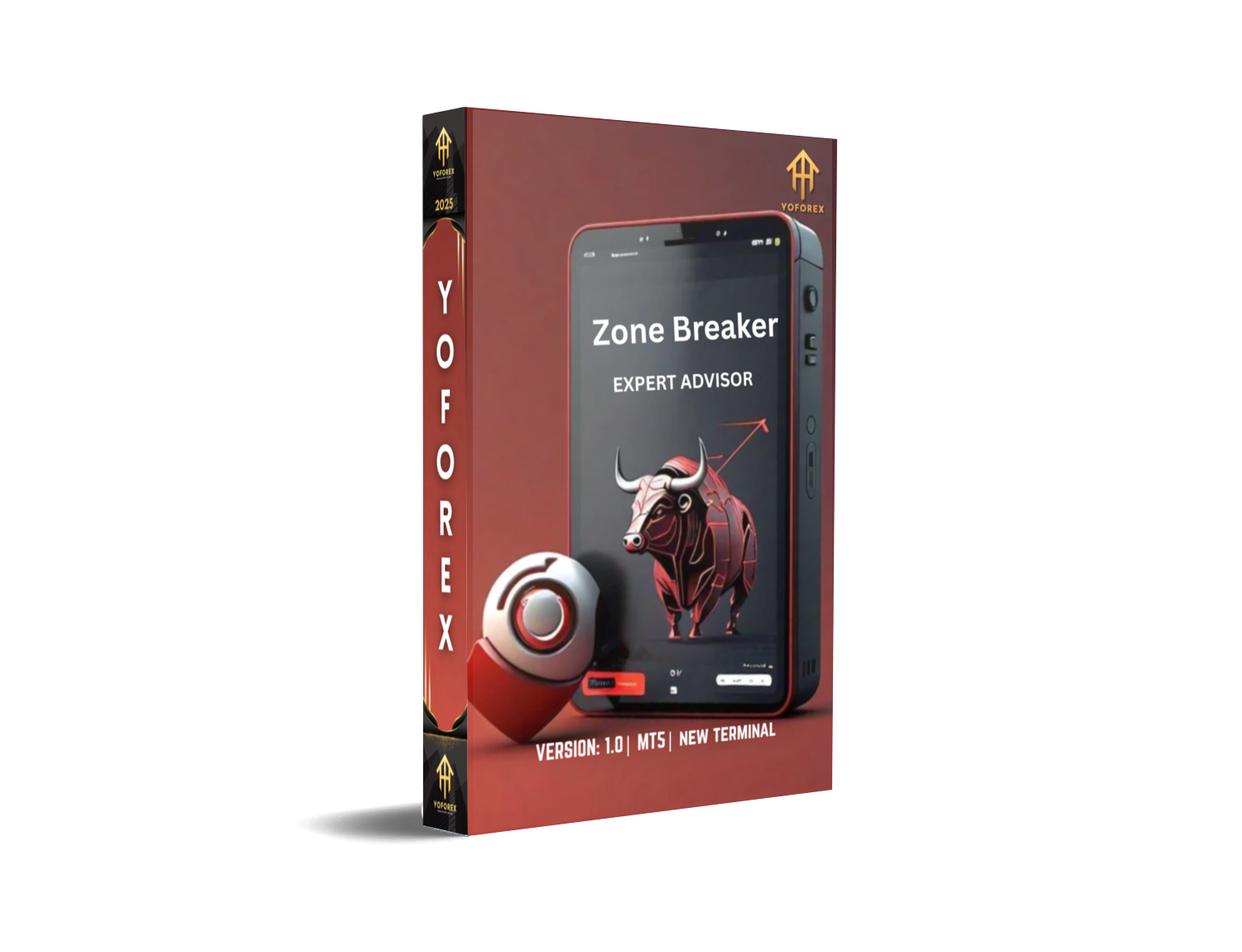
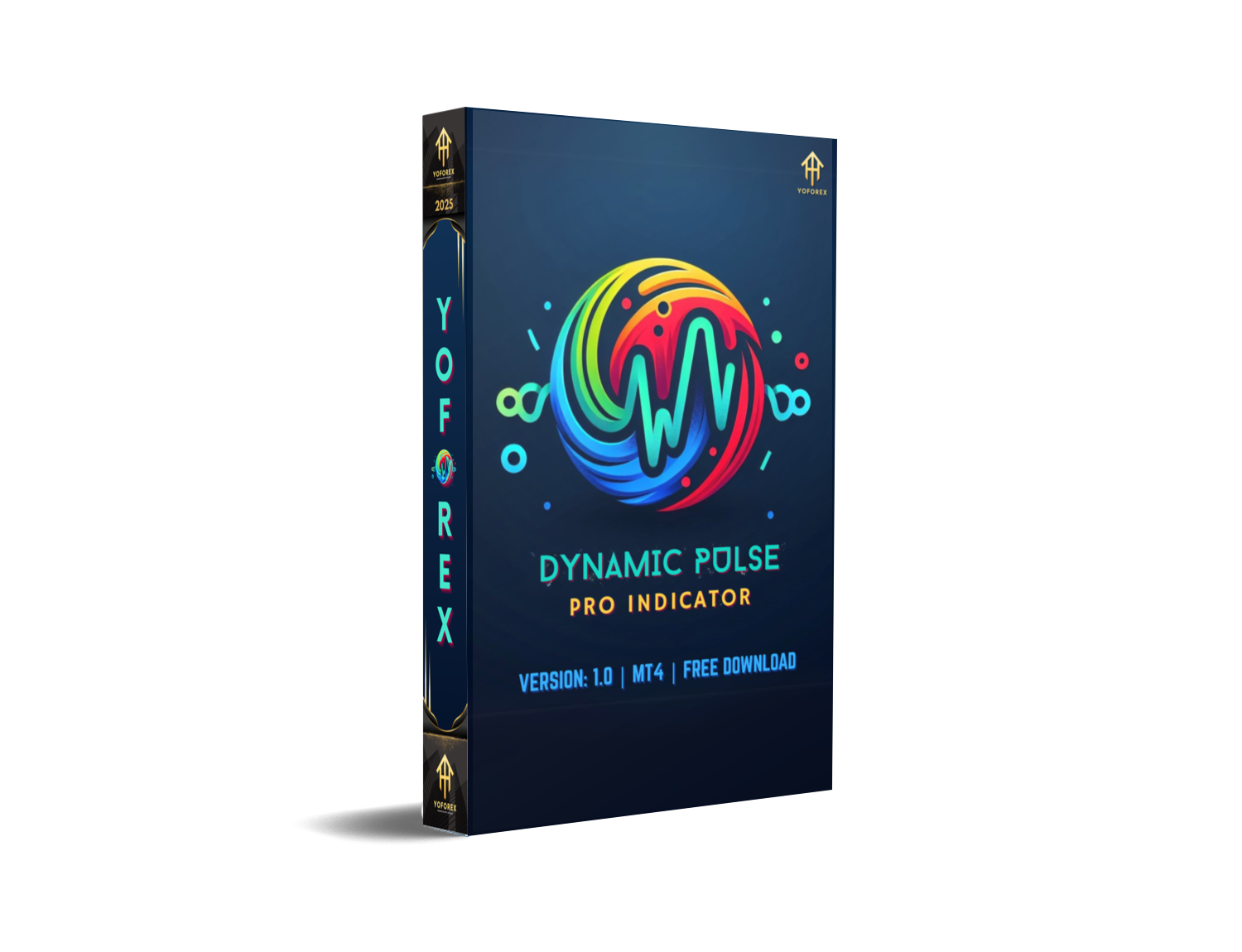

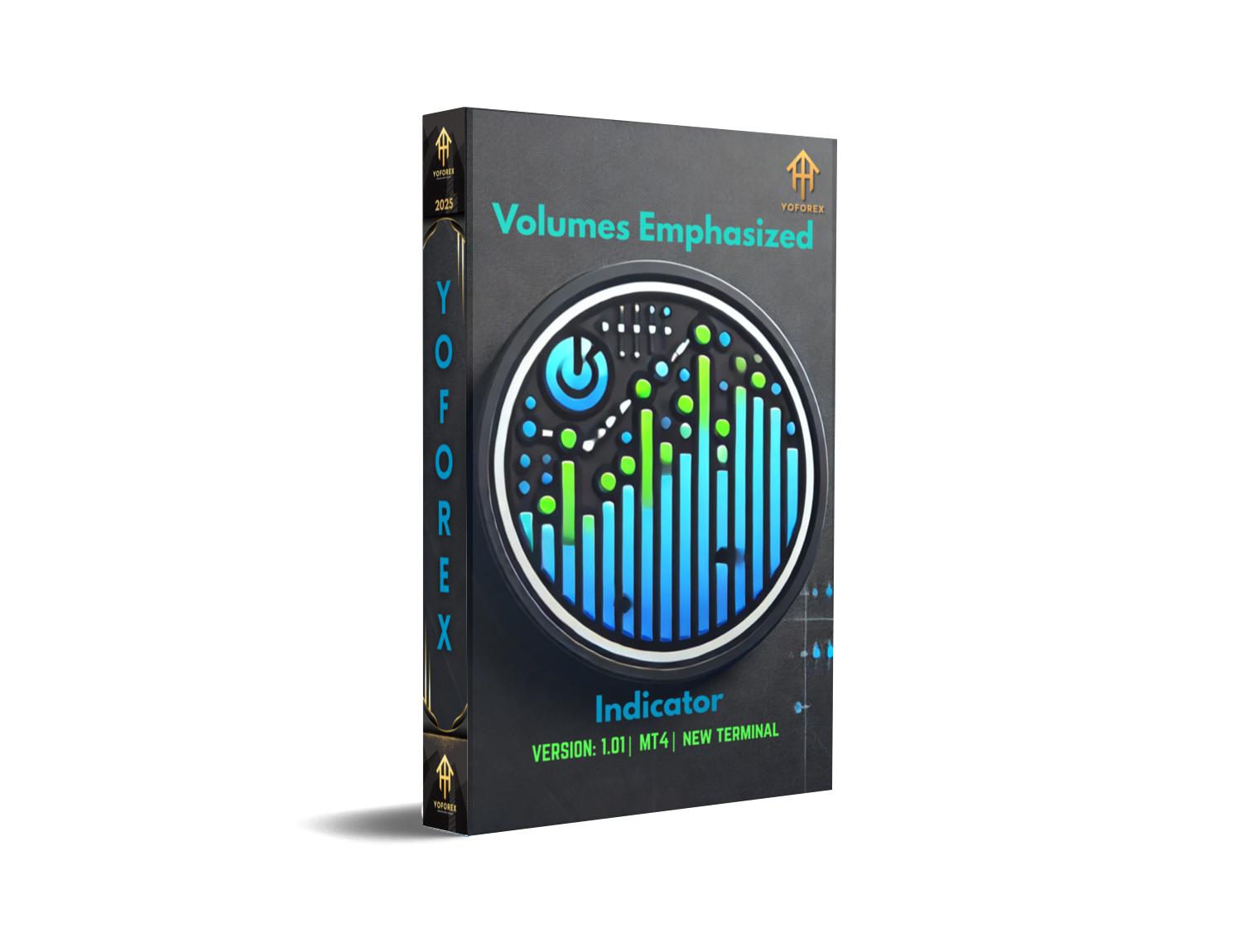
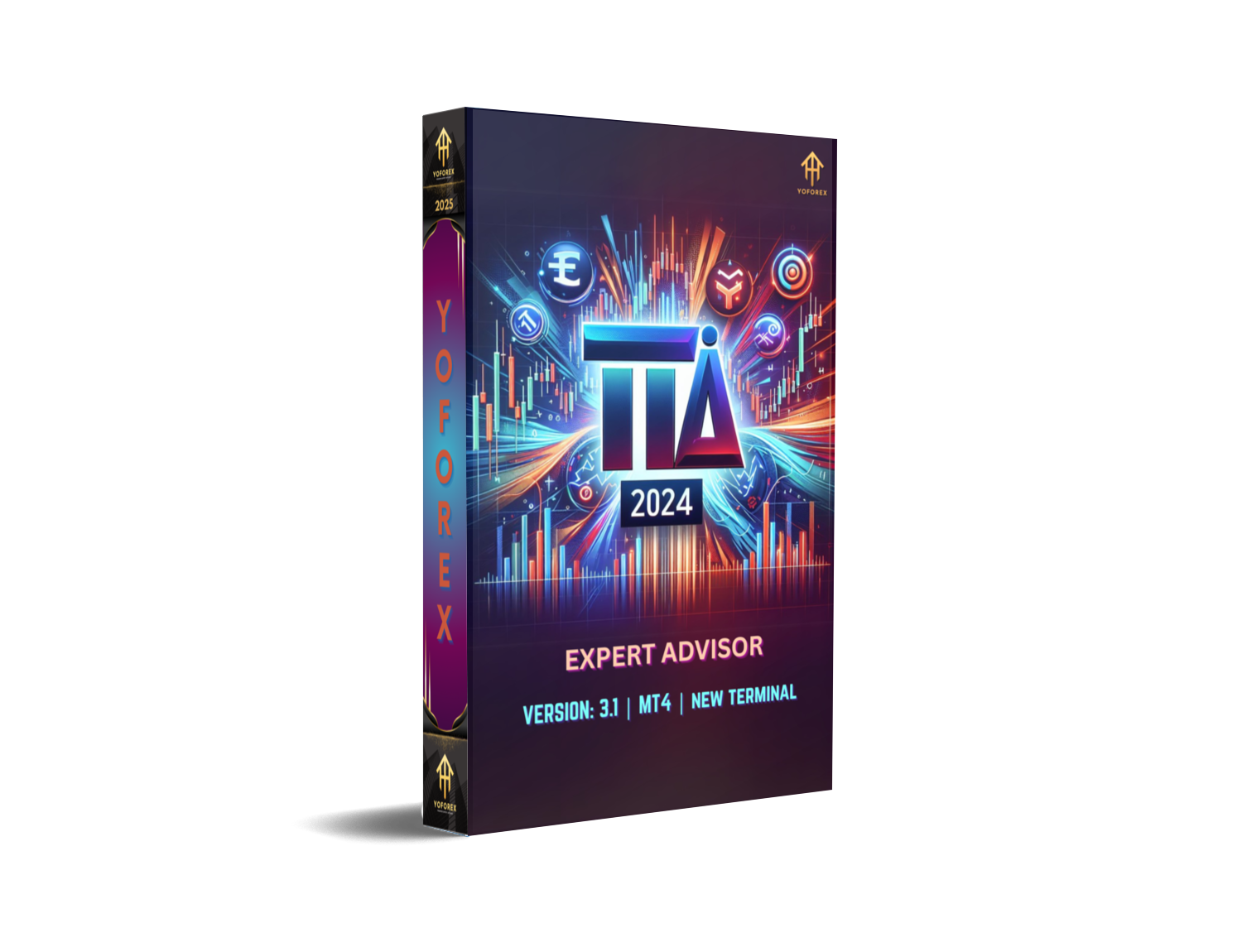
Comments
No comments yet. Be the first to comment!
Leave a Comment